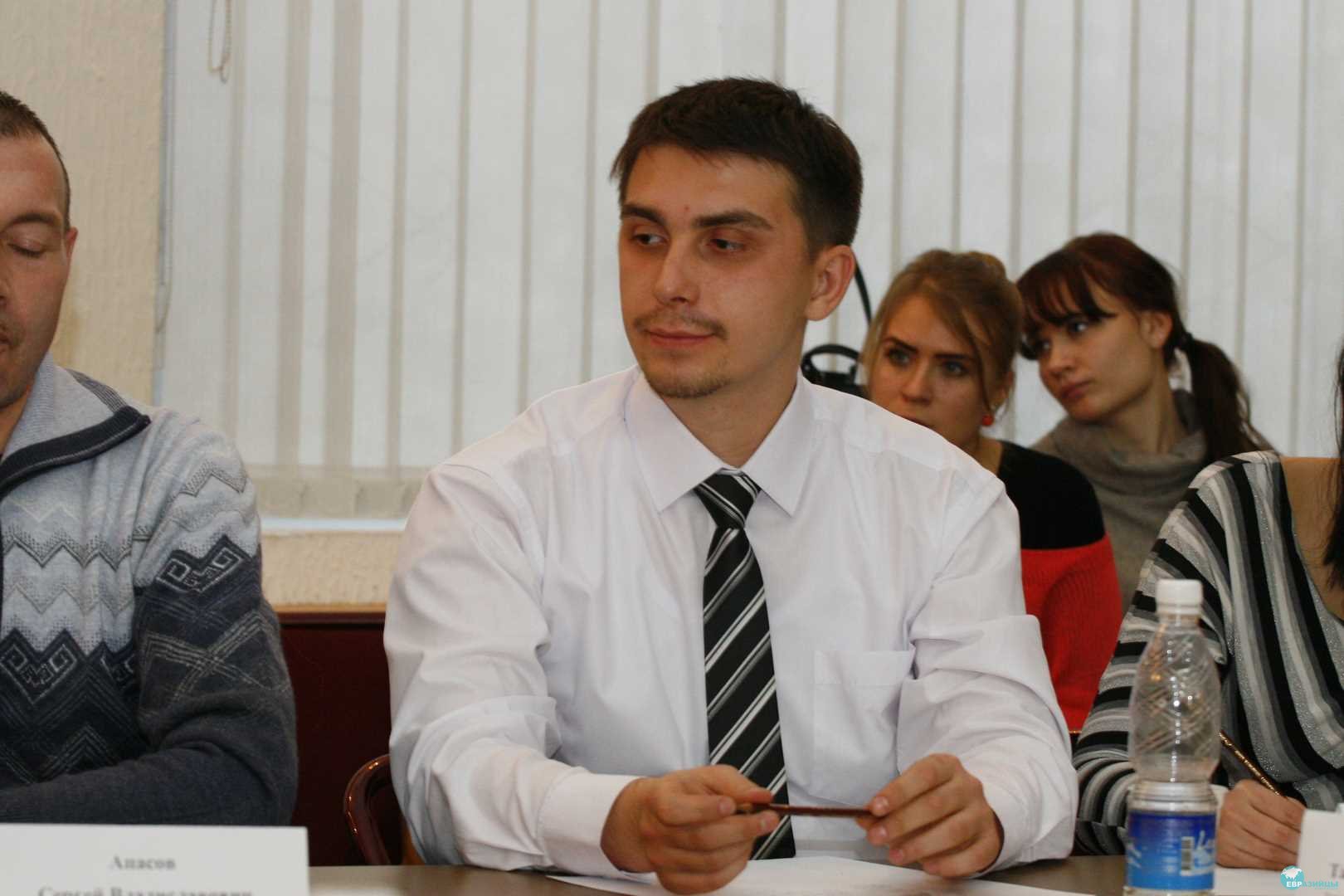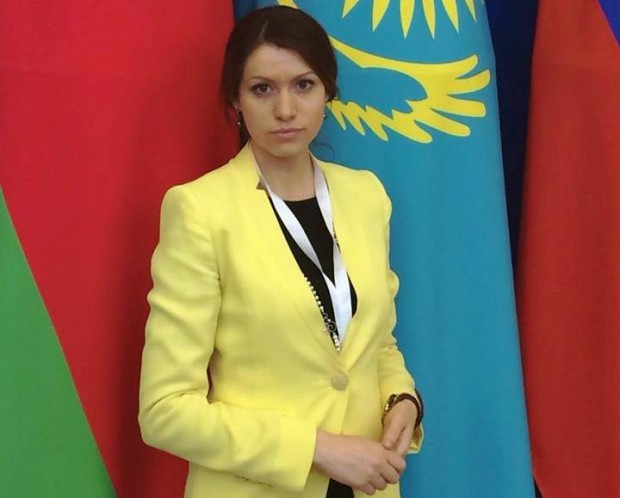As reported on the Kyrgyz government website, Prime Minister Temir Sariyev has signed the executive order on the termination of the Agreement on Cooperation to Facilitate the Provision of Assistance of 1993 between Kyrgyzstan and United States, with the decree coming into force on August 20, 2015. Both domestic and international observers were startled by the decision. Below are comments by Denis Berdakov, Political Scientist, Bishkek, and Yulia Yakusheva, Deputy Director General, Head of Analytical Sector at Moscow State University Information and Analytical Center.
Denis Berdakov, Political Scientist, Bishkek
As reported on the Kyrgyz government website, Prime Minister Temir Sariyev has signed the executive order on the termination of the Agreement on Cooperation to Facilitate the Provision of Assistance of 1993 between Kyrgyzstan and United States, with the decree coming into force on August 20, 2015.
Both domestic and international observers were startled by the decision, as it was only on July 13 that ethnic Uzbek Azimjan Askarov received the State Department Award for his human rights endeavors. But Bishkek’s swiftness is far from accidental.
First, this October 4 Kyrgyzstan is holding thorny parliamentary elections, which always generate socio-political tensions because of the unbalanced political system and fierce competition: the country is a parliamentary republic with more legislature seats than those found in neighboring states.
Second, after the tragic events of 2010, southern Kyrgyzstan is hardly peaceful. The government has done much to pacify the situation but the conflict may erupt again at any moment. Hence, the award given to an ethnic Uzbek who has been deemed a criminal by a Kyrgyz court decision has been perceived by a segment of the ruling elite as an attempt to destabilize the country and a sign of disrespect on the part of the State Department.
The Kyrgyz MFA had warned the Americans about the possible termination of the agreement and did so because the U.S. Government failed to oblige.
What’s next for Kyrgyzstan?
Bishkek will be deprived of tax and customs preferences, with 30-38 percent of taxes and duties now having to be paid for each project. Americans participating in these projects will love their privileges and immunity, becoming equal to administrative and technical personnel. However, international practice has shown that their status can be preserved by transferring the projects to under ambassadorial auspices.
It is still unclear whether Kyrgyzstan will lose grants and technical advisory assistance that totals USD 100 million annually. In fact, since 1991, Bishkek has received about USD 2 billion in American assistance for the support and strengthening of democratic reforms.
The Kyrgyz MFA does not rule out a reduction or even a halting of U.S. aid under this agreement, stating that “when it relates to intentional steps against interethnic peace and the situation basically counters the national interests of our state, U.S. assistance is becoming insignificant.”
The American Embassy in Bishkek stated that the withdrawal is threatening U.S.-financed programs in the Republic of Kyrgyzstan, but the United States will continue with its cooperation and support rendered to the people of Kyrgyzstan. The technical capacity remains since there is no ban being placed on assistance, although now taxes must be paid. Some experts believe that Congress may reject such improper outlays attached to the humanitarian aid.
In a nutshell: U.S. technical assistance is very important, for example in the healthcare sector. Thanks to vaccinations and training provided by USAID, Kyrgyzstan has become the only Central Asian country to be free of the poliomyelitis outburst in 2010 and of malaria, and has also reduced infant mortality by two thirds.
USAID has provided the Kyrgyz parliament with office equipment and advisors who have assisted in compiling most of its laws. Hence, the discontinuation of aid in the infrastructure, medical and financial sectors could affect living standards. On the other hand, Bishkek has clearly shown a willingness to defend its legitimacy even if it is questioned by a superpower.
Yulia Yakusheva, Deputy Director General, Head of Analytical Sector at Moscow State University Information and Analytical Center, RIAC Expert
The unilateral termination of the Agreement on Cooperation to Facilitate the Provision of Assistance seems to reflect the readiness of Kyrgyz rulers to positively limit Washington’s influence on domestic politics. Beginning in the 1990s, Kyrgyzstan has been the U.S. outpost for humanitarian and political activities in Central Asia. And it was the Bishkek office of USAID that received the most generous allocations in the region. As such, the money worked. Just remember the myriad Western NGOs and educational and publishing projects, as well as their part in the coups that have shaken the country.
With geopolitical competition on the rise everywhere and in Central Asia, which is Russia’s foreign policy priority, the threat of political destabilization from the outside is also rising. Kyrgyzstan seems to be first in line, as it understandably has irritated Washington after the closing of the Manas base and its accession to the Eurasian Economic Union. With parliamentary elections coming soon, Bishkek quite reasonably would like to see Western influence diminished. Hence, the withdrawal from the agreement with the United States is hardly a spontaneous response to the criminal human rights activist. This step has been balanced to demonstrate the independence of Kyrgyz authorities in defending their national interest. At the same time, the decision will hardly cut the influx of grants. On the contrary, Bishkek’s resolve may result in additional funds for political purposes originating from private groups. To this end, future developments and effectiveness of these Kyrgyz measures will likely hinge on Bishkek’s ability to systemically weaken Western levers in the country.
Prepared for publication by Daria Khaspekova, RIAC Website Editor-in-Chief





